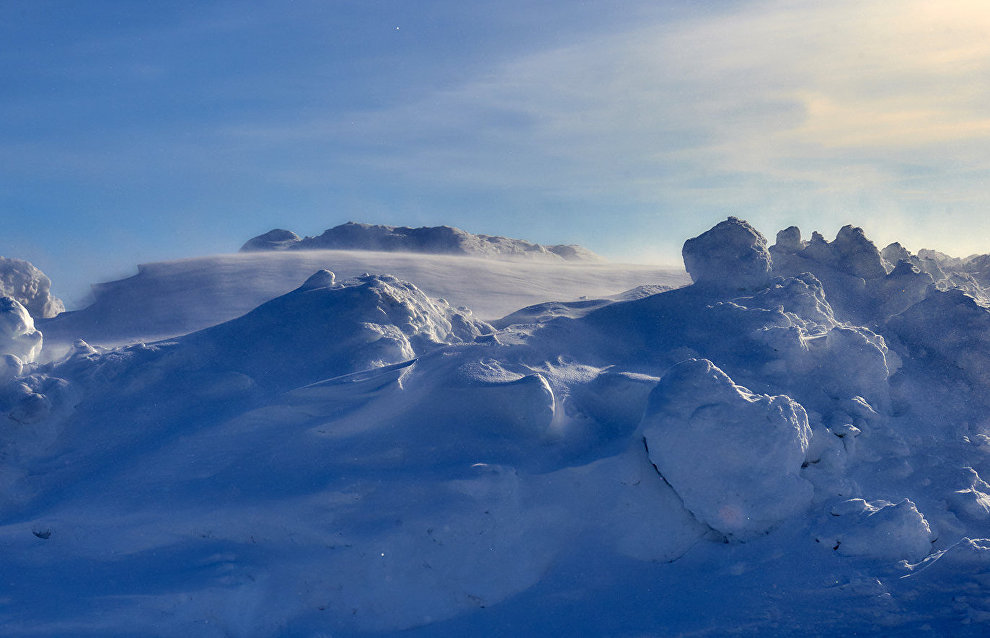Siberian researchers to peer billion years into Arctic’s geological past
Professors and students at Novosibirsk State University (NSU) will try to find out how the geological formation of Siberia and the adjacent Arctic areas proceeded a billion years ago and earlier, TASS reported. While adding to knowledge of the Earth, the study will also help, in the future, to substantiate Russia's Arctic shelf expansion bid, Dmitry Metyolkin, head of the General and Regional Geology Department at NSU and a researcher at the Institute of Oil and Gas Geology and Geophysics of the Russian Academy of Sciences' Siberian Branch, told TASS.
"By modeling the structure of the shelf, finding out how it evolved, we can see how far parts of the Siberian continental landmass stretch into the basins of the Kara, Laptev and East Siberian seas. These studies are necessary, including from the viewpoint of substantiating the boundaries of our continental shelf, how deeply it protrudes into the Arctic Ocean," Mr. Metyolkin said.
The results can also be used in mineral prospecting. "Normally, during the first stage of prospecting various geological maps are drawn up, which reflect the structure of the region. Our results can be helpful in such map drawing," the scientist added.
But the primary aim of the research is to get a broader scientific insight into how our planet looked like and how it evolved, how continental landmasses moved and what happened to them. The modern Arctic shelf consists of several major tectonic plates that used to make up a continental landmass known as Arctida. Today, they are split apart and form a mosaic-like structure along the shelf. The Siberian researchers have won a grant to explore the paleogeography or the position of those separate blocks in terms of their connection to the Siberian continental landmass (the Siberian region).
Around 15 million rubles will be put into this particular study over three years. Last week, the Russian Ministry of Education and Science awarded grants worth over 111 million rubles to a total of seven research projects launched by NSU.
